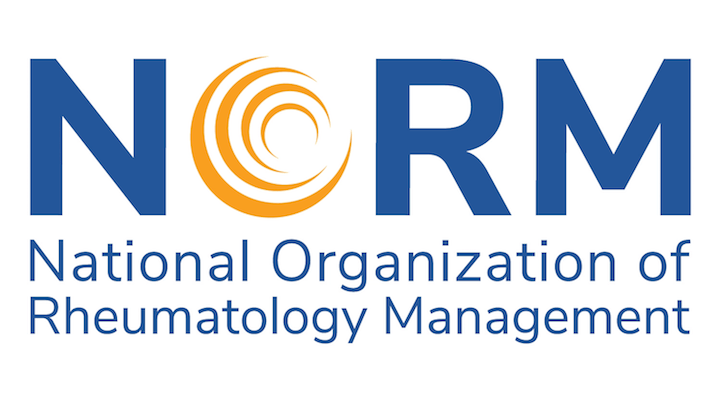Employee Satisfaction: The Key to Productivity and Success
Employee satisfaction is a crucial element in any workplace, but in the specialized field of rheumatology, its importance cannot be overstated. Rheumatology practices are unique in that they require a high degree of expertise and compassion, as they deal with patients suffering from chronic and often debilitating conditions. Ensuring that employees—whether they are physicians, nurses, or administrative staff—are satisfied in their roles, is essential for maintaining a high standard of patient care and operational efficiency.
First and foremost, satisfied employees are more likely to be engaged and committed to their work. In a private practice setting, where patient relationships and continuity of care are paramount, having a stable and dedicated team can significantly enhance patient outcomes and satisfaction. When employees feel valued and appreciated, they are more likely to go above and beyond in their duties, fostering a positive and supportive environment for both patients and colleagues.
Moreover, employee satisfaction in rheumatology can directly impact the practice's reputation and financial health. High levels of satisfaction can lead to lower turnover rates, reducing the costs and disruptions associated with recruiting and training new staff. In a specialized field like rheumatology, retaining experienced employees means that the practice can maintain a high level of expertise and service continuity, which is critical for managing complex patient needs.
In addition, happy and satisfied employees are more likely to create a welcoming and empathetic atmosphere, which can improve patient trust and adherence to treatment plans. This is particularly important in rheumatology, where patients often require long-term management and frequent interactions with their healthcare providers.
Implementing Employee Satisfaction Strategies
Professional Development Opportunities: Offering continuous education and training can help employees feel valued and invested in. Encourage attendance at conferences, workshops, and courses relevant to rheumatology.
Competitive Compensation and Benefits: Ensure that salaries and benefits are competitive and reflective of the expertise required in rheumatology. Comprehensive health benefits, retirement plans, and performance bonuses can significantly enhance job satisfaction.
Work-Life Balance: Promote a healthy work-life balance by offering flexible working hours, remote work options where feasible, and sufficient time off. This can help reduce burnout and improve overall job satisfaction.
Positive Work Environment: Create a supportive and inclusive work culture. Encourage teamwork, recognize and reward outstanding performance, and ensure open lines of communication between staff and management.
Feedback and Recognition: Regularly solicit feedback from employees and act on their suggestions. Recognize and celebrate achievements, whether through formal awards or informal acknowledgments.
By integrating these strategies, you can significantly enhance employee satisfaction, leading to better patient care, improved practice performance, and a more fulfilling work environment for all team members. In conclusion, fostering employee satisfaction in private practice rheumatology is not just beneficial but essential. It enhances patient care, improves operational stability, and contributes to the overall success and sustainability of the practice.
